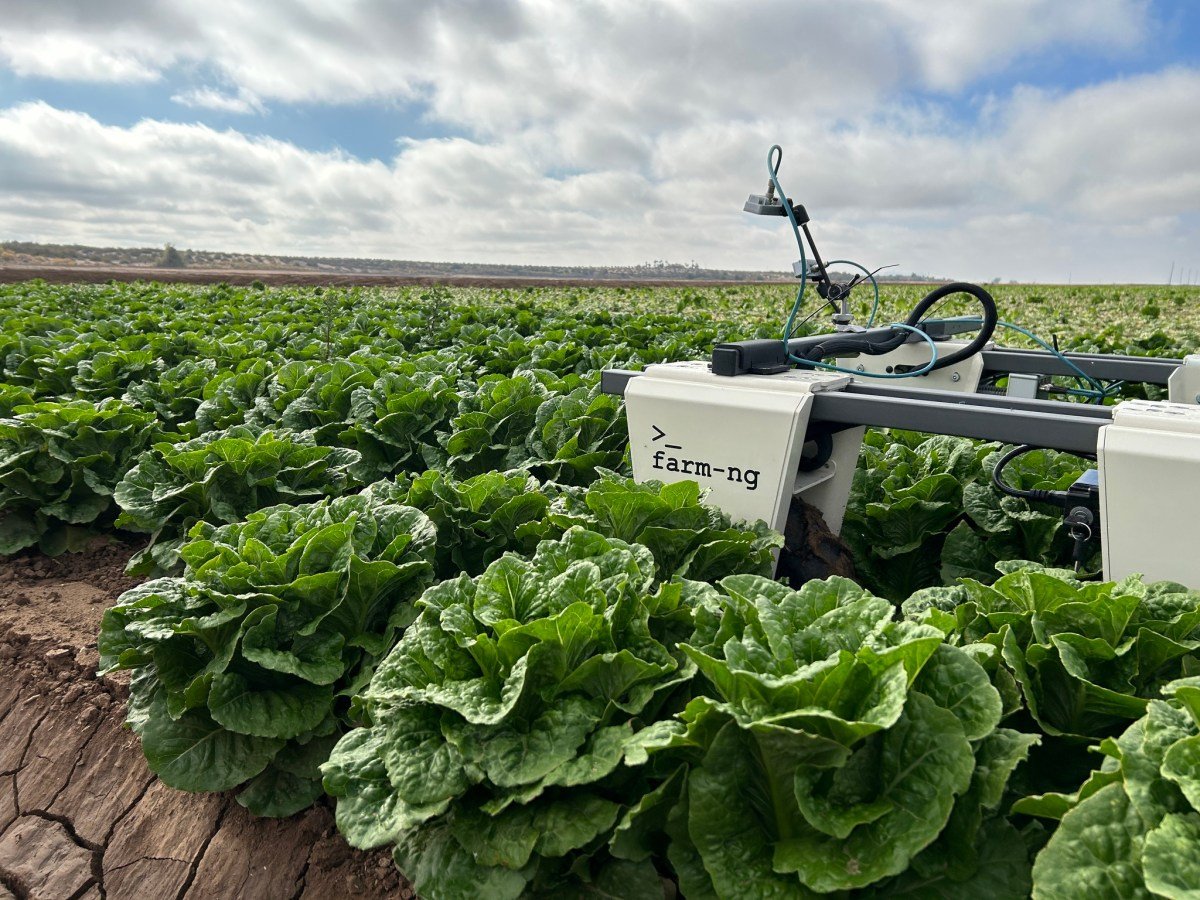Agriculture Goes High-Tech: The Rise of Robotics in Farming
In this technological age, one of the most unexpected industries to see an increase in robotics development is agriculture. With the global population increasing and the demand for food rising, the need for efficient and labor-saving solutions in farming has never been greater. It’s no wonder that many tech startups are turning their sights towards this growing market.
“Everyone needs to eat, and much of what we eat in this part of the world comes from large farms. Farm work is tough on the body and requires long hours in sometimes extreme environments. It can also be difficult to hire and retain staff in a category that frequently relies on migrant workers.”
The past decade has seen an influx of startups attempting to automate field work and provide solutions for the challenges faced by farmers. However, breaking into this industry is no easy feat, with many of these startups ultimately being acquired by established companies like John Deere.
But one startup, Bay Area-based Farm-ng, is making waves with their innovative approach to farming technology. Founded during the pandemic, the company’s first system, Amiga, is a modular system that can be adapted for a wide range of tasks in the field.
“This naturally led to a modular system, like Legos for our farm customers, that let them build their own solutions at an extremely low cost,” explains Nvidia veteran and newly minted CTO Claire Delaunay. “We strive to make our technology accessible to a farmer, be it mechanically easy to adapt, maintain or extend the software to suit their needs.”
- Modularity: A Game-Changer for Farmers
- With the ability to customize and tailor the system to their specific needs, farmers can see significant time and cost efficiencies.
- Already, Farm-ng has deployed around 100 Amiga units in less than 18 months, with promising results.
- Now, with a $10 million Series A funding round led by Acre Venture Partners, the startup is looking to ramp up production and expand their reach.
- Located in Watsonville, California (in the Pajaro Valley), the company’s manufacturing plant is poised to meet the growing demand for their innovative technology.
“More concrete data is anticipated after one to two growing seasons, but anecdotally our customers have been excited about the opportunities a more streamlined operation provides them,” says Delaunay. “The integration of Amigas in farming operations has led to significant time and cost efficiencies for our customers.”
“In one customer study we’ve seen the Amiga cut down weekly labor time in a variety of use cases including seeding, weeding and compost spreading. In this study we saw the number of weekly labor hours reduced by 50% – 80%.”
With the promise of a quick return on investment and the potential to revolutionize farming operations, Farm-ng is certainly a company to keep an eye on in the coming years.
Remember to use appropriate HTML tags for any other elements. The goal is to create a well-structured, easily readable HTML version of the article with a new perspective. Let’s embrace the high-tech future of agriculture together!








